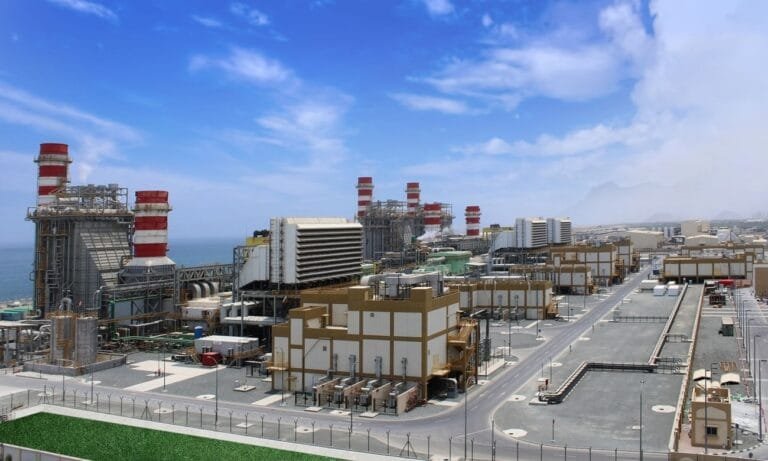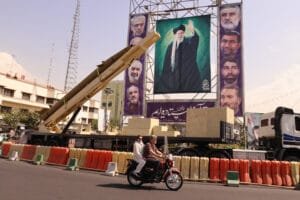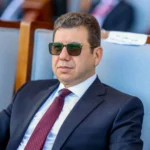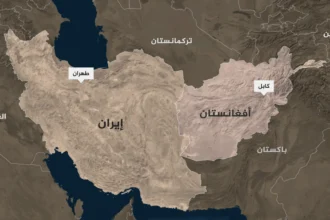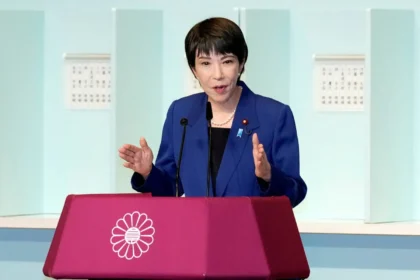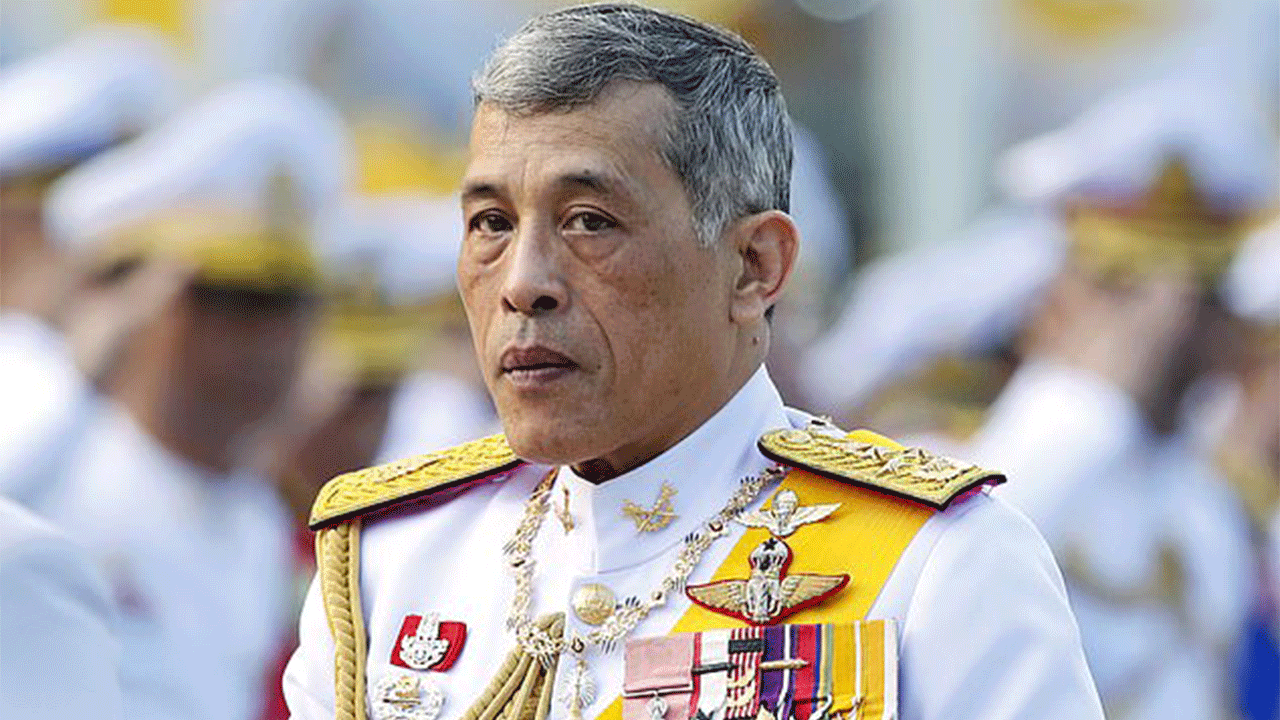Cairo, Egypt – The UAE’s Fujairah International Energy Company plans to invest $500 million in the first phase, over the next year, to develop a logistics zone for the storage and handling of crude oil and petroleum products at El Hamra Port in Egypt’s El Alamein region.
A government official told the London-based Saudi newspaper Asharq Al-Awsat that these statements come following the signing of three agreements in early October between the Egyptian Ministry of Petroleum and Mineral Resources and the Emirate of Fujairah.
These agreements include the establishment of an Egyptian joint-stock company to develop the new logistics zone. This will include the storage and trading of Mediterranean crude oil and petroleum products in El Alamein. In addition, a contract will be signed to store crude oil at the Hamra Petroleum Port’s storage facilities, as well as a commercial agreement to supply petroleum products to the Egyptian General Petroleum Corporation.
Contract with “Webco” to exploit 150 thousand tons per month
The government official added to Asharq Al-Awsat that Fujairah Petroleum Company signed a contract with the Western Desert Petroleum Company (WEPCO). The contract aims to utilize 150,000 tons per month to store oil and petroleum products at WEPCO’s Al Hamra Port. He indicated that the quantities are subject to increase later.
WEPCO secures the storage and handling of crude oil from all petroleum companies operating in the Western Desert. El Hamra is the only specialized port on the Mediterranean coast and is fully owned by the Egyptian General Petroleum Corporation. WEPCO will receive monthly fees for the use of the warehouses, maximizing the economic returns from Egypt’s infrastructure.
It’s worth noting that the Port of Fujairah is considered a global strategic center for storing and trading petroleum and its derivatives. It ranks second as the world’s largest port for storing and trading crude oil and petroleum products. Such investments in Egypt are expected to contribute to reducing the import bill for petroleum products. Therefore, the investments will ease pressure on the country’s hard currency resources.




